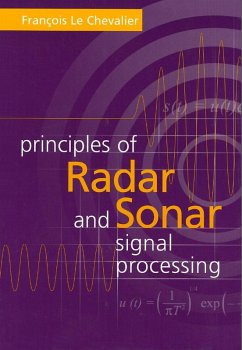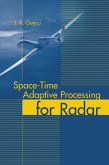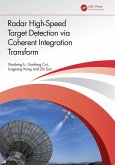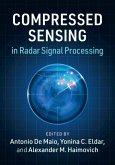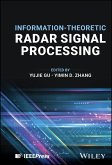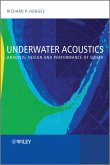Principles of Radar and Sonar Signal Processing offers you a thorough presentation of the latest technologies in conventional and adaptive signal processing theory, and covers techniques for detailed analysis of physical signatures of targets and clutter. You learn how target signature analysis provides you with a better understanding of the various techniques used in anechoic chambers and modern radar systems. Examples of signatures give you a greater insight into classification problems. A discussion on low frequency systems, wideband radars, and STAP provides you with a better awareness of physical limits and future developments. Extensively supported with over 440 equations and more than 110 illustrations, this book offers you a unique, coherent presentation of active and passive radar and sonar signal processing basics, with extensive analysis of adaptive processing theory and techniques. Each chapter leads you into the subject matter with a brief discussion of principles, reference examples, and a simple presentation of each topic at the beginning.
Dieser Download kann aus rechtlichen Gründen nur mit Rechnungsadresse in A, B, BG, CY, CZ, D, DK, EW, E, FIN, F, GR, HR, H, IRL, I, LT, L, LR, M, NL, PL, P, R, S, SLO, SK ausgeliefert werden.
Hinweis: Dieser Artikel kann nur an eine deutsche Lieferadresse ausgeliefert werden.

